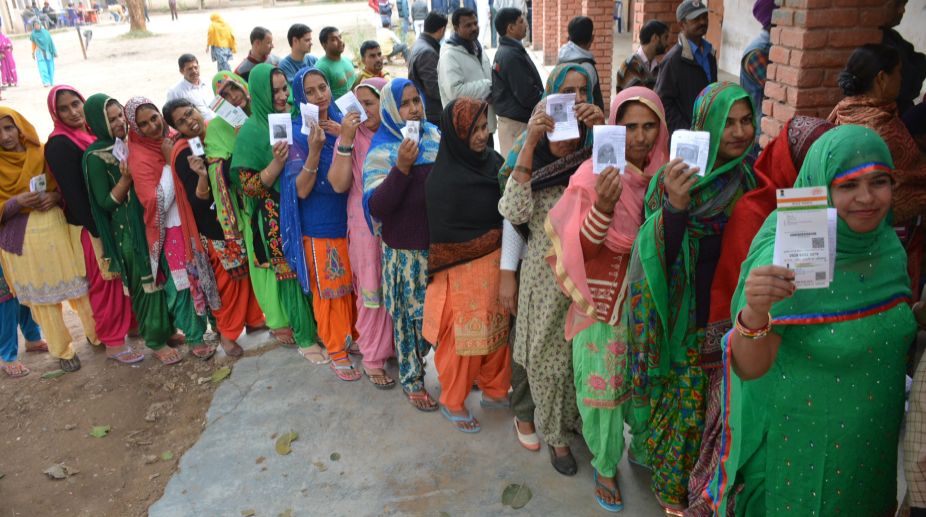Congress releases list of four candidates for Punjab
Former Deputy chief minister of Punjab Sukhjinder Singh Randhawa would contest from Gurdaspur Lok Sabha seat as the party’s nominee.
With a resounding mandate in March 2022, the Aam Aadmi Party administration will be put to the test by these elections

(Photo: SNS)
Polls to five Municipal Corporations and 41 municipal councils will be conducted in the month of January 2024, probably before January 15.
According to highly placed sources, all the preparations for the local bodies vote have finished. By December 15, the model code of conduct will be in effect.
The Secretary of Local Government had earlier announced that elections should be place in the “first fortnight of November” for five Municipal Corporations, namely Patiala, Phagwara, Amritsar, Jalandhar, and Ludhiana.
Advertisement
The terms of Amritsar and Patiala MCs came to an end on January 22, Jalandhar on January 24 and Ludhiana on March 26. The tenure of Phagwara MC had ended in March 2020.
The announcement after the Punjab and Haryana High Court asked the State Election Commission to hold the election. By November 10, the Election Commission promised to have finished the final publishing of electoral registers.
According to sources, the local bodies’ ward delimitation work was finished. They stated that plans were in motion to hold the panchayat election during the third week of January. Elections for zila parishads and block samitis are anticipated to take place on the same day.
The government had previously agreed to hold panchayat elections in two stages. Panchayat delimitation exercises were also under progress.
Furthermore, January is the best month to conduct the survey because it’s less busy for farmers. There are around 22, zila parishads, 150 block samitis, and 13,240 panchayats in the state.
With a resounding mandate in March 2022, the Aam Aadmi Party administration will be put to the test by these elections.
The opposition has been claiming that the AAP was attempting to postpone the election because it was losing confidence in its ability to control the electorate.
Advertisement